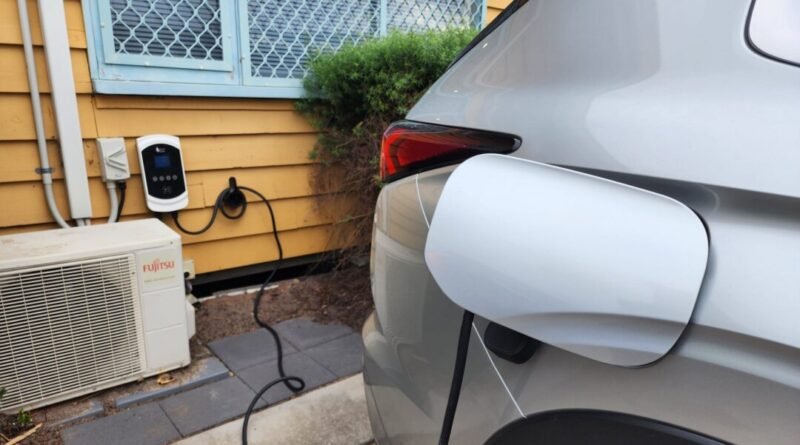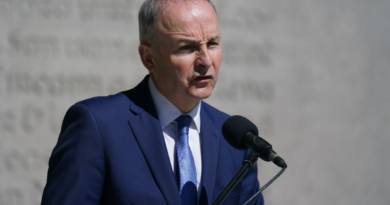Electric Vehicle Adoption Increasing, Charging Infrastructure Expanding in Australia
Climate Change Minister Chris Bowen emphasized that it is not just people in inner cities buying electric vehicles.
Australia’s electric vehicle (EV) uptake is on the rise, and the charging network is expanding, as stated by two key Albanese government ministers.
The report indicated that EV sales accounted for 9.4 percent of new vehicle sales by the end of April 2024, up from 8.4 percent in 2023 and 3.8 percent in 2022.
The number of fast and ultra-fast public EV charging locations has also increased to about 900 by the end of March.
“These charging locations offer around 2,000 fast and ultra-fast charging plugs and have expanded the number of available locations by over 90 percent compared to December 2022,” the strategy reported.
Bowen and King noted that since the initial launch of Australia’s national electric vehicle strategy in April 2023, the EV landscape has been rapidly evolving.
“We have witnessed an increase in uptake and growth of the EV charging network,” they commented.
“Consumers in Australia now have a wider range of EV options available, and with the support of favorable policies, they have embraced these options with a significant increase in adoption. This momentum needs to be sustained as we transition towards achieving net zero emissions.”
Within the strategy, the government evaluated its progress in expanding EV availability and choice. The number of EV variants available for sale in Australia increased by 56 percent in 2023 compared to the previous year, reaching 148 models.
“There was an uptick in the availability of EVs across almost every price range in 2023. In that year, about eight new models costing under $60,000 were introduced in Australia, three of which were priced under $40,000 by the end of the year.”
On Aug. 2, the government also announced a $100 million (US$65 million) allocation for energy retailer Ampol to establish EV charging, hydrogen refueling infrastructure, solar panels, and low-carbon liquid fuels.
Ampol intends to set up over 200 new public fast charging points across its service station network by 2025 with this funding, facilitated by the Clean Energy Finance Corporation (CEFC).
In an interview discussing EVs on Aug. 2, Bowen mentioned that “an increasing number of people express their interest in purchasing an EV.”
Bowen debunked the misconception that only city dwellers purchase electric vehicles, noting their popularity in western suburbs like Sydney.
“I reside about 20 minutes away from here in south-west Sydney, and I frequently observe electric vehicles in the vicinity,” he remarked.
Carbon Dioxide Emissions from New Cars Regulated from 2025
The government highlighted that its New Vehicle Efficiency Standard (NVES) Bill 2024(pdf) would be a crucial tool in expanding the availability of EVs at lower price points.
Commencing on Jan. 1, 2025, the standard aims to reduce emissions from new passenger cars by over 60 percent by 2030.
The bill mandates the regulation of carbon dioxide emissions from certain road vehicles by setting emissions targets for cars covered by the standard.
“Any individual subject to the standard in a given year must ensure that their final emissions value for the year is zero or less. Failing to achieve this may result in a civil penalty,” stated the law.
Nationals Senator for Victoria Bridget McKenzie voiced concerns that the legislation would add thousands of dollars to the cost of purchasing many of Australia’s most popular SUVs, utility vehicles, and off-road vehicles.
“Nor can we support a policy that will lead to families holding onto their current vehicles for longer periods, hindering the fleet renewal process with cleaner and more fuel-efficient vehicles, and the transition towards reduced transportation emissions.”
The Coalition aims for a combination of nuclear energy and renewables to achieve net zero emissions by 2050, while Labor advocates for renewables supported by gas.





